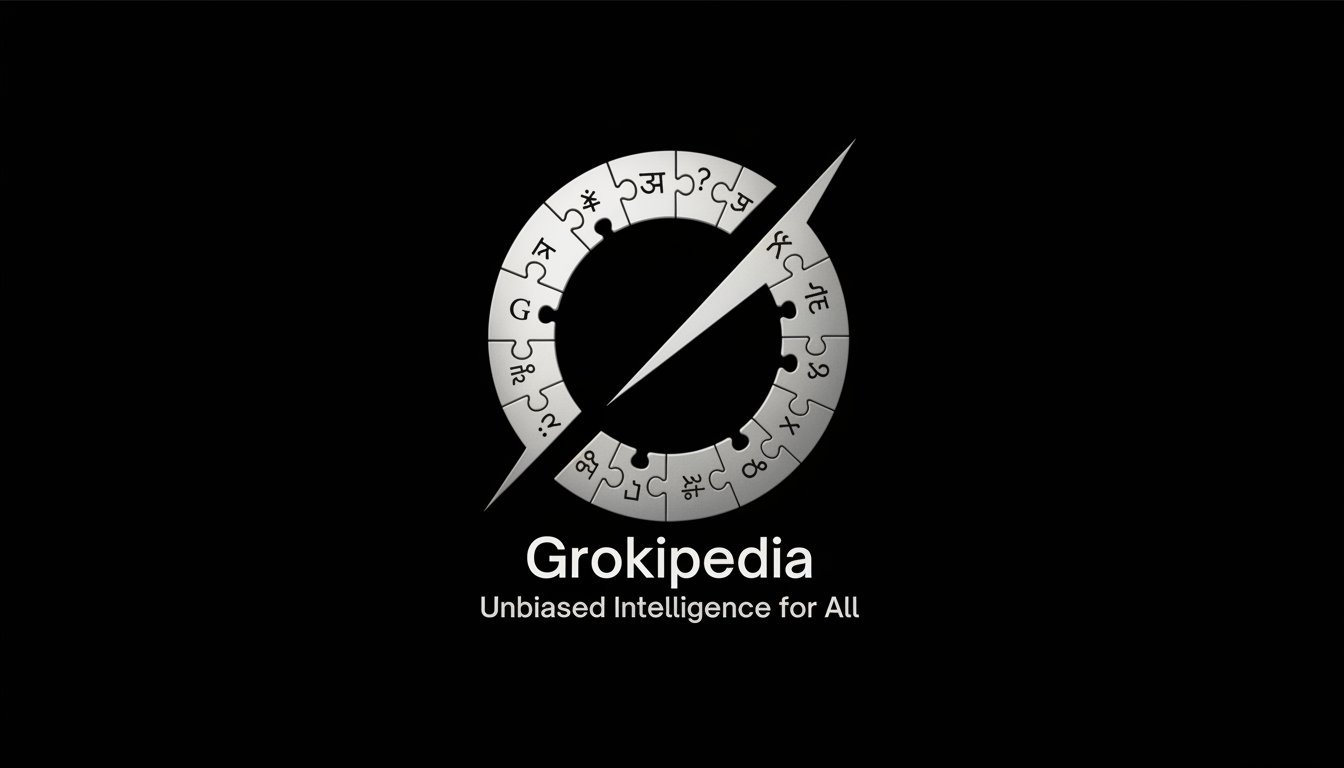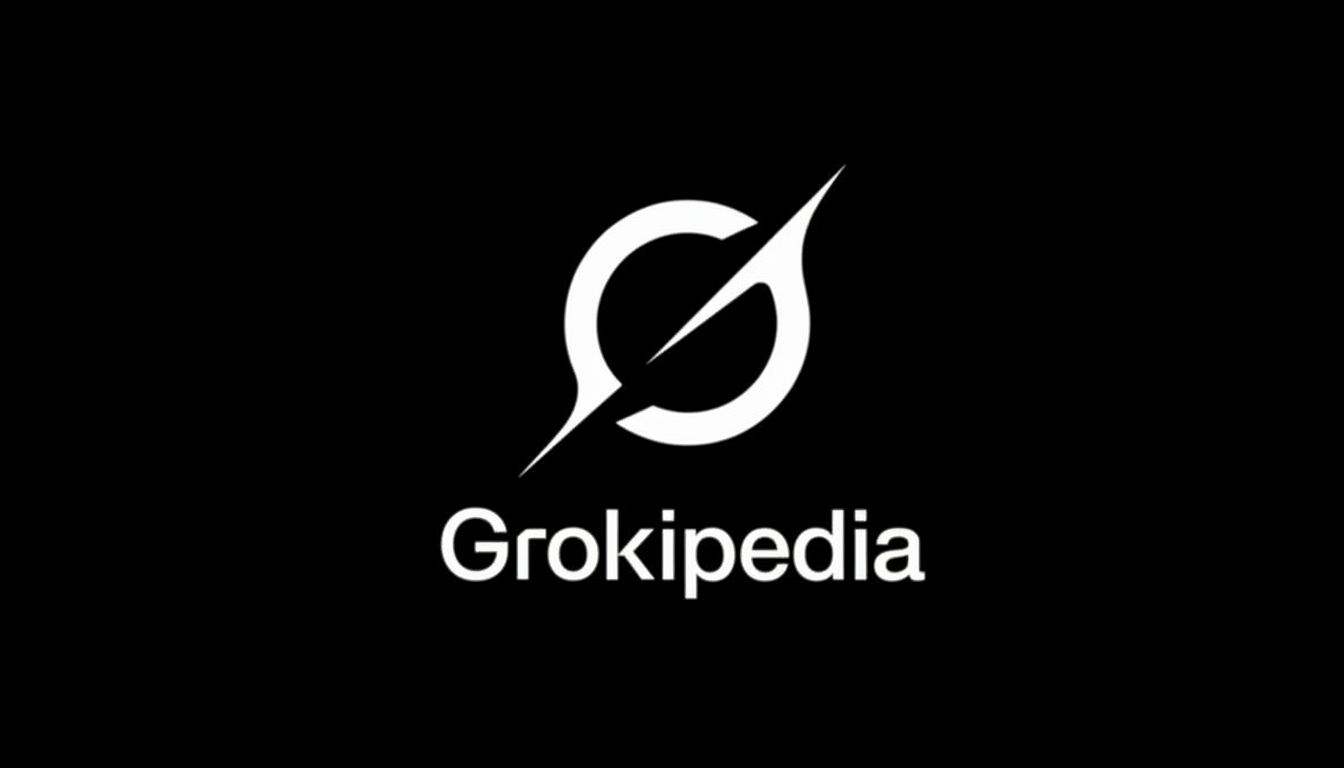Elon Musk has launched a new encyclopedia, Grokipedia, marketing itself as the better Wikipedia. Preliminary evidence suggests that it has borrowed heavily from the site it is intended to replace, sometimes copying articles without significant changes and appending a blanket note specifying that the content was “adapted” from Wikipedia.
The launch highlights a familiar Musk marriage of rhetoric about breaking the status quo with practical (if controversial) use of open resources built by others. It also raises licensing and credibility issues that will determine whether Grokipedia grows into a legitimate competitor or just a Musk-branded facade.

What Grokipedia Is and How It Works Today
Grokipedia seems to be fed by Musk’s Grok AI, the super-sized language model produced by xAI and implemented across his platforms. Many articles bear a “fact-checked by Grok” mark, illustrating an AI-driven editorial model as opposed to community editing.
Presented as a non-woke alternative to Wikipedia, Grokipedia’s pitch rests on speed and AI verification. But it is extremely hard to audit its claim to have fact-checked because of the absence of clear revision histories, talk pages or volunteer oversight — the scaffolding that underpins Wikipedia’s reliability.
Evidence of near-verbatim copying from Wikipedia
Reporters who cover technology soon noticed some carbon-copy pages. Illustrating Grokipedia’s level of faithfulness to Wikipedia, The Verge highlighted the PlayStation 5 page on Grokipedia as essentially being a copy of Wikipedia’s entry, from structure (including TOC) to the order of sources. There are similar results for author Franz Liszt, the Miller effect and Japan’s PC-98 platform.
When Copyscape, which uses an algorithm to detect similarities in thousands of other online sources, checked Grokipedia’s page on the Titanic for plagiarism, it found 18 percent of that page — about 3,600 words — matched Wikipedia text. Side-by-side comparisons showing duplication at the sentence level have circulated among social media users, including a Wikipedia contributor who recognized their own prose.
Grokipedia has, to its credit, a footer that acknowledges content is taken from Wikipedia. The trouble is, the notice appears incomplete; it seems closer to public-domain or wikitext-style attribution than to Wikipedia-compliant attribution.
The CC BY-SA question facing Grokipedia’s reuse
Wikipedia text is licensed under the Creative Commons Attribution-ShareAlike 4.0. That license permits reuse — even for commercial purposes — when reusers provide appropriate credit, indicate if changes were made, share under the same license, and link to the license. Wikipedia also requires that any use of its material contain an article-specific attribution pointing to the source copy of the material (though not required by CC BY-SA 3.0 itself, often using “et seq.” or similar).

A generic line noting that the article was “adapted from Wikipedia” is a start, but Wikimedia Foundation and Creative Commons guidelines usually require more granular attribution and clear identification of what was modified. If the method of Grokipedia doesn’t link to the original pages with content or keep license terms intact, it will invite compliance complaints and community blowback — problems prior Wikipedia reusers haven’t always escaped.
It’s not a new problem. Projects such as Everipedia started by importing Wikipedia content and then sought to differentiate on editorial process, verifiability and community. The fork is easy; maintaining a living, licensed knowledge graph that respects attribution and accountability is the hard part.
Is it really an option for users and editors?
Farther down the mirrored pages, some politically sensitive entries seem to have a right-leaning framing on Grokipedia. That editorial tilt — if prompted by AI rather than clear consensus on the part of articles’ contributors — stands in stark contrast to Wikipedia’s approach of open deliberation and its recording of changes.
Wikipedia’s English version alone comprises more than 6.8 million articles maintained by tens of thousands of active volunteers who challenge assertions, dissect sources and cite reliable references. Grokipedia’s AI-first approach might be quicker, but without the friction of community review, it could just trade one style of bias for another — or even magnify whatever is in its training data.
There is also the paradox of newness: if large parts of Grokipedia are copy-pasted from Wikipedia with minimal recasting, then its value as an alternative to Wikipedia will be less in originality and more in how it presents itself and political positioning. That’s a fine wedge in a world where Wikipedia is free, ubiquitous and deeply interlinked throughout the web.
Why This Is Important for Open Knowledge
Open licenses are intended to encourage reuse — so long as the reuser provides credit and open their version. When high-profile players are leaning on that commons without adhering to its spirit and the letter of the license, it risks dissuading or even punishing the volunteer labor that makes the commons a useful resource in the first place.
For Grokipedia to be something more than a mirror, it will need to invest in clear lines of attribution, open edit logs and an editorial process strong enough to correct for errors while enduring the ideological weather that may well change on any number of small matters over time. If not, the project may ultimately demonstrate something Musk likely didn’t mean: that for all its imperfections, the community architecture behind Wikipedia is still the secret sauce.

